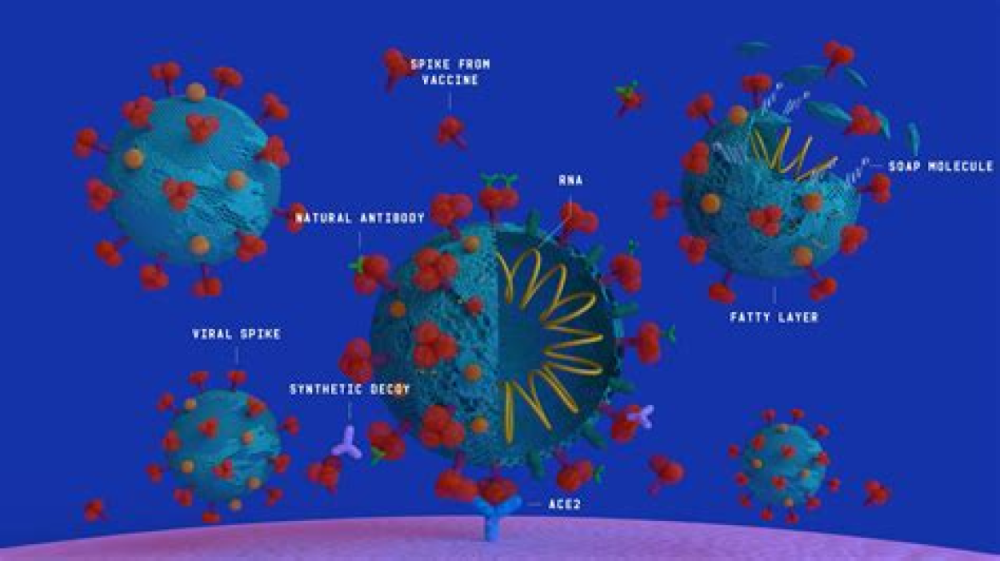Authors: Heidi Vella
Genome sequencing, big data and artificial intelligence are helping doctors to better understand, treat and hopefully beat Covid-19.
The global scientific response to the novel coronavirus pandemic, which so far has killed over 328,000 people worldwide, is unprecedented. On 10 January 2020, nine days after the first cases of suspected Covid-19 were identified, the first genome sequence of the virus was shared publicly. Since then, tens of thousands of samples have been sequenced.
Genomics, which is concerned with the genetic material of an organism, is one of the most promising areas of research for Covid-19. By unlocking the virus’ genetic code and that of the most severely affected hosts – the patients – experts hope to better inform public health decisions and find effective treatments.
Working to this end is the £20m UK government-funded Cog UK research consortium, which consolidates the resources of the highly regarded Sanger Institute, the NHS and leading universities. The alliance has already sequenced over 16,000 viral samples from patients with confirmed cases of Covid-19.
Detailed analysis of sequenced viral samples of Covid-19 can identify small changes in the virus as it passes through the population which can then be used to track its spread.
“As a virus replicates itself in different hosts, it accumulates small ‘typos’ in its code called mutations. While the vast majority of mutations are not functional, by identifying them in different viral samples we can track and trace the infections’ spread locally and from one to another,” explains Emma Hodcroft, a post-doctoral researcher at the University of Basel in Switzerland.
“If two samples have the same typos, it means they probably come from a parent virus that also has these typos, and so can be identified as more closely related or from the same infection chain,” she adds.
Hodcroft is currently working on Nextstrain, a SARS-CoV-2 open-source project that provides a continually updated view of publicly available genome-sequencing data, alongside analytic and visualisation tools. From across the globe, nearly 20,000 sequences have been uploaded to the Global Initiative on Sharing All Influenza Data (GISAID), including some from Cog-UK. Researchers at Nextstrain are using this data to create a family tree of the virus’ spread.
For More Information: https://eandt.theiet.org/content/articles/2020/05/covid-19-versus-genomics-and-other-advanced-technologies/
